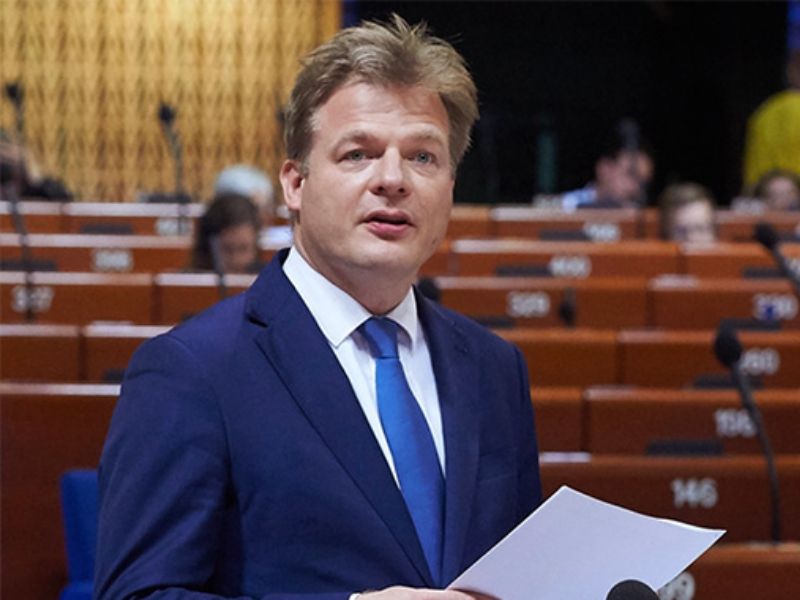Special rapporteur Pieter Omtzigt has called on the Maltese authorities for an open and inclusive reform process, which so far has been handled by the government and Opposition behind closed doors.
Omtzigt, who reports back to the Parliamentary Assembly of the Council of Europe, issued a statement where he pointed out that he still had yet to hear from the Maltese government on the “extensive package of reform proposals” that were supposedly almost ready for publication back in February.
“When I visited Malta in February, I was encouraged to hear from the government that an extensive package of reform proposals was almost ready for publication and would be presented to the Venice Commission for its opinion,” he said.
.@CoE Assembly rapporteur @PieterOmtzigt calls on Maltese government and opposition to pursue an open and inclusive reform process https://t.co/CTguLtxX8j pic.twitter.com/wRVC7fPH6c
— PACE (@PACE_News) May 6, 2020
Although he still has not seen any text, Omtzigt said he had heard serious concerns about how the proposals were developed.
“My earlier report noted the scepticism of many in Malta, who feared that the reform process would be ‘handled behind closed doors between the leadership of the governing and opposition parties’. I concluded that this would be wrong, yet it is exactly what seems to be happening”.
The Shift leaked certain details of the judicial reform, which have been kept under close wraps, as these were criticised by legal experts as giving an “illusion of independence”.
Omtzigt had investigated the state rule of law in Malta following the assassination of journalist Daphne Caruana Galizia and had harshly criticised former prime minister Joseph Muscat for his lack of action at implementing the recommendations of the Venice Commission.
In an interview with The Shift in February, Omtzigt had described the meetings with the new Maltese government as “positive” and a welcomed change while the dialogue with Prime Minister Robert Abela was “frank and constructive”.
In fact, in his statement issued on Wednesday, Omtzigt reiterated that, for the Venice Commission, it was very important that reforms were adopted as a result of a process of an open and wide-ranging public consultation. The Assembly had also recommended that reforms should be “designed and implemented through an open, widely inclusive and transparent process”.
“How the reform proposals are prepared, and whether they meet the clear requirements of the Venice Commission opinion, will affect not only their legitimacy and acceptance by the general public, it will also be a defining test for the international credibility of the Abela administration,” Omtzigt said.












